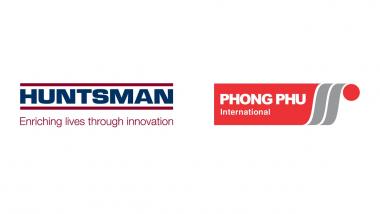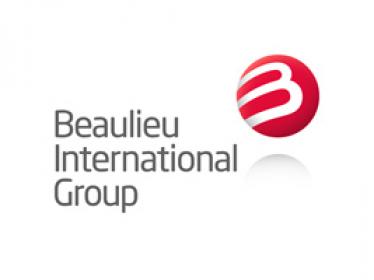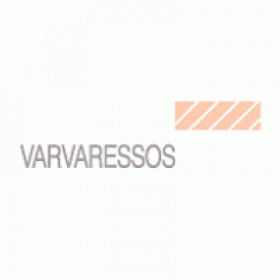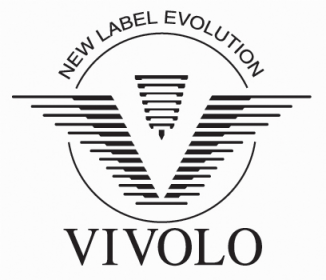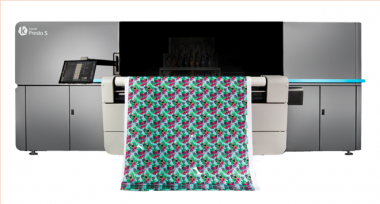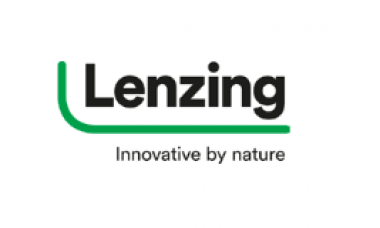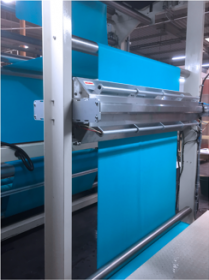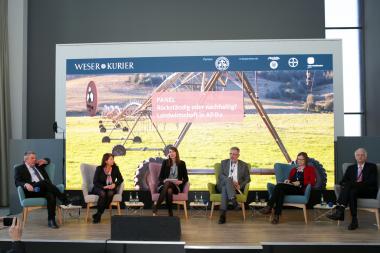Esprit selects EarthColors® by Archroma for its newest ‘I AM SUSTAINABLE’ capsule collection
Reinach, Switzerland - Archroma, a global leader in color and specialty chemicals towards sustainable solutions, today announced a new collaboration with Esprit, the global fashion clothing brand, who selected the EarthColors® range for its ‘I AM SUSTAINABLE’ capsule collection.
Esprit was founded in California by couple Susie and Doug Tompkins in 1968, and is now headquartered in Germany and Hong Kong, with a presence in 40 countries around the globe. Esprit creates laid-back, high-quality essentials that reflect its core values of sustainability, equality and freedom of choice. The brand developed its first eco-conscious collection made of 100% organic cotton, back in the early 90’s.
Archroma’s EarthColors® range came to public attention for being the Gold Winner of the OutDoor Industry Award 2017, Sustainable Innovations category. The range is regularly featured by brands such as Kathmandu, G-Star and Ternua, who are willing to explore truly innovative and authentic color options for more eco-conscious casual wear collections. Archroma’s EarthColors® is a line of patented plant-based dyes, sourced from up to 100 percent renewable resources. Archroma developed EarthColors® using non-edible waste products, from agriculture and herbal industries, to replace petroleum derived raw materials; which are the conventional raw materials used to synthesize dyes currently. This gives brands an alternative when looking for more natural ways of dyeing garments.
The colors available in the capsule collection created by Esprit: mauve, beige, blue, khaki, pink and blush hues, are made from the non-edible parts of nutshells, almond shells, rosemary, saw palmetto, bitter orange and beetroot, left over from agriculture industry or herbal extraction.
The brand is working on future fall/winter and spring/summer collections with more exciting articles to discover for nature-inspired consumers.
“Colors traditionally made with plants come with some limitations in terms of color reproducibility, fastness and they require huge amounts of plants to produce the quantities needed at industrial scale”, comments Kristina Seidler-Lynders, Manager Social & Environmental Sustainability at Esprit. “So when Archroma presented us their EarthColors®, we were excited to have found a technology that would allow us to explore authentic colors synthesized from plants rather than petroleum.”
“The whole team at Esprit really embraced the possibilities of EarthColors®”, says Dion Cragg, Brand Solutions Europe, Brand & Performance Textile Specialties at Archroma. “They truly pushed the boundaries in adopting the concept across every possible article, from t-shirts and scarves to canvas sandals and bags. The end result simply looks amazing, and we are so incredibly proud to be able to support such creativity with our nature-based innovation - because it’s our nature!”
EMG





















